Back to Courses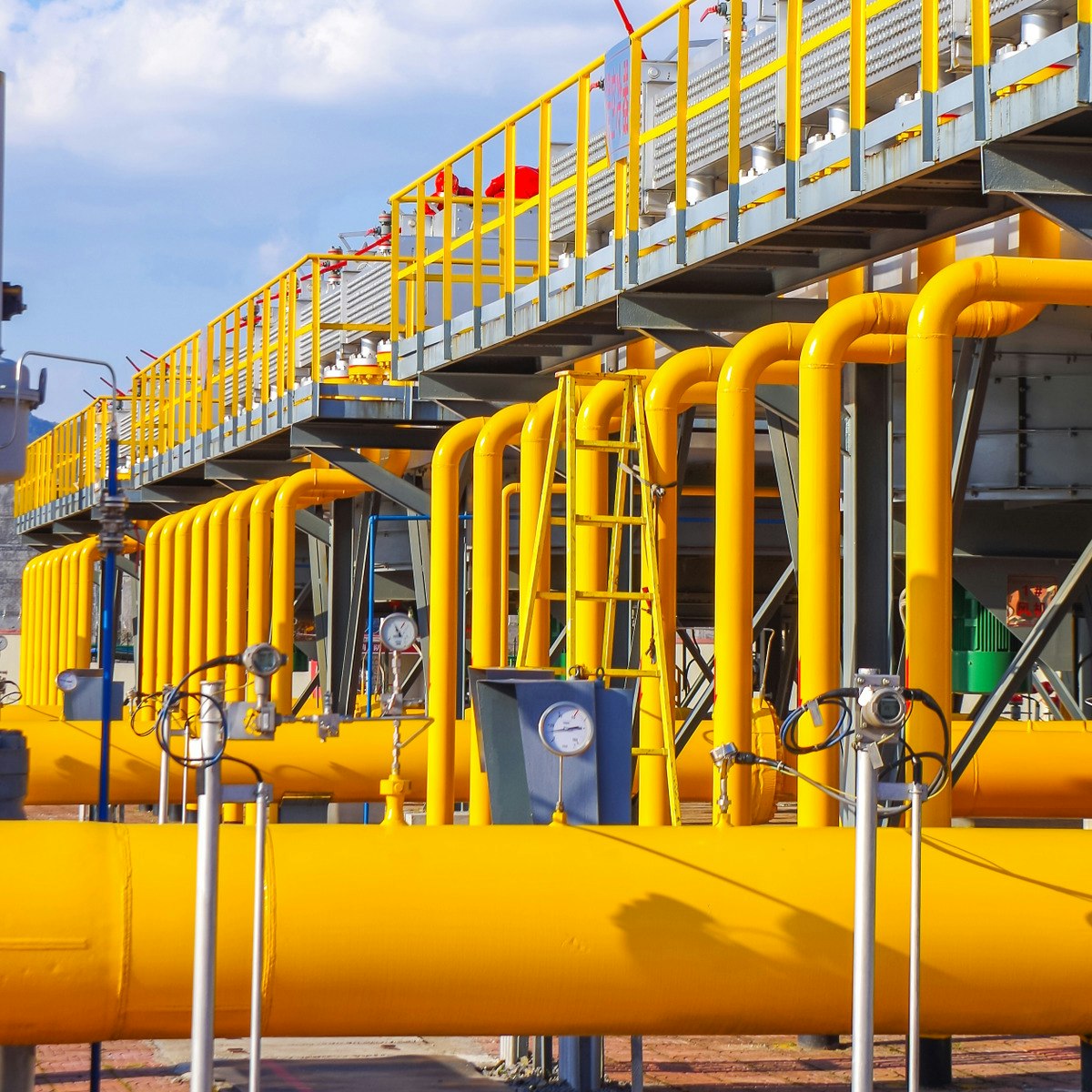
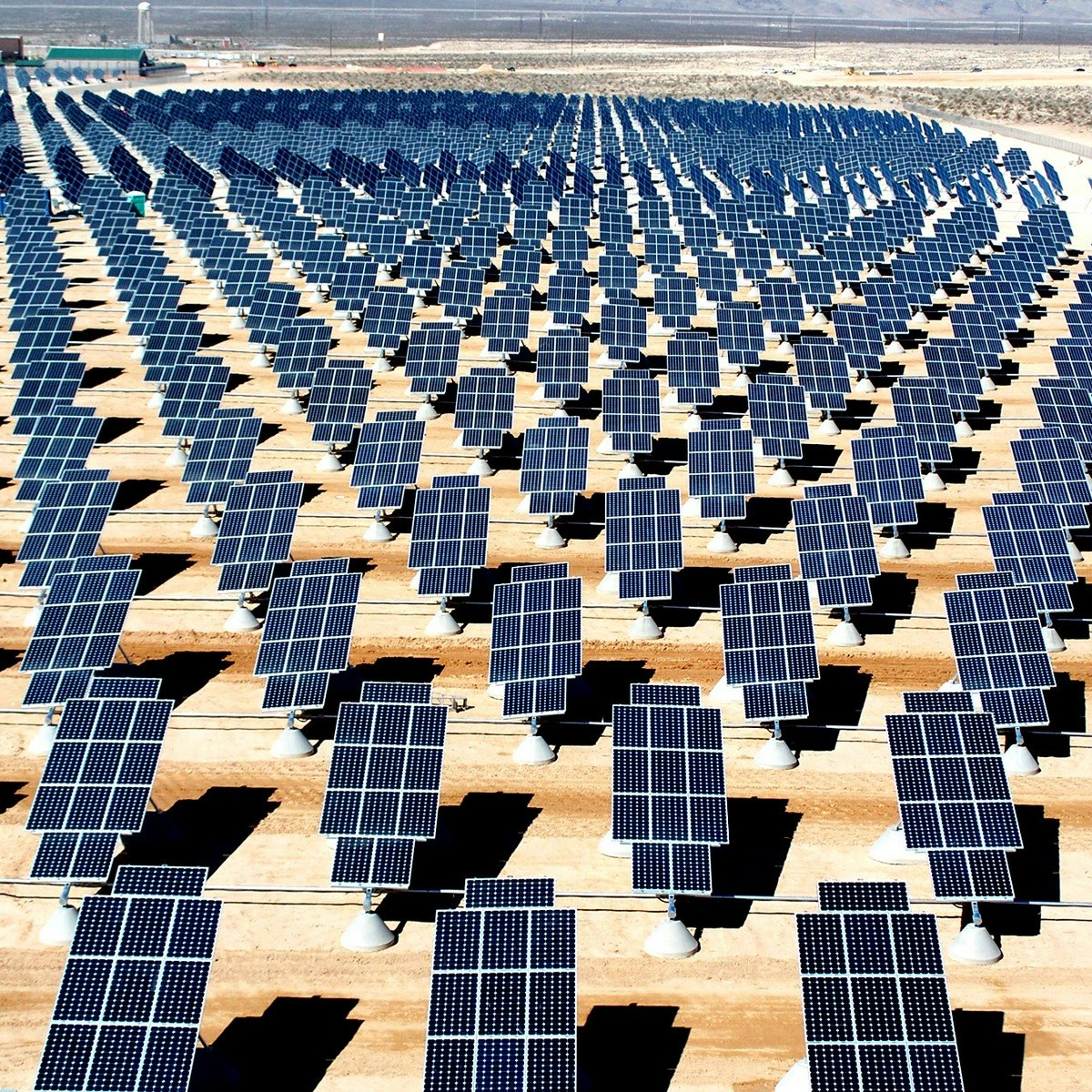


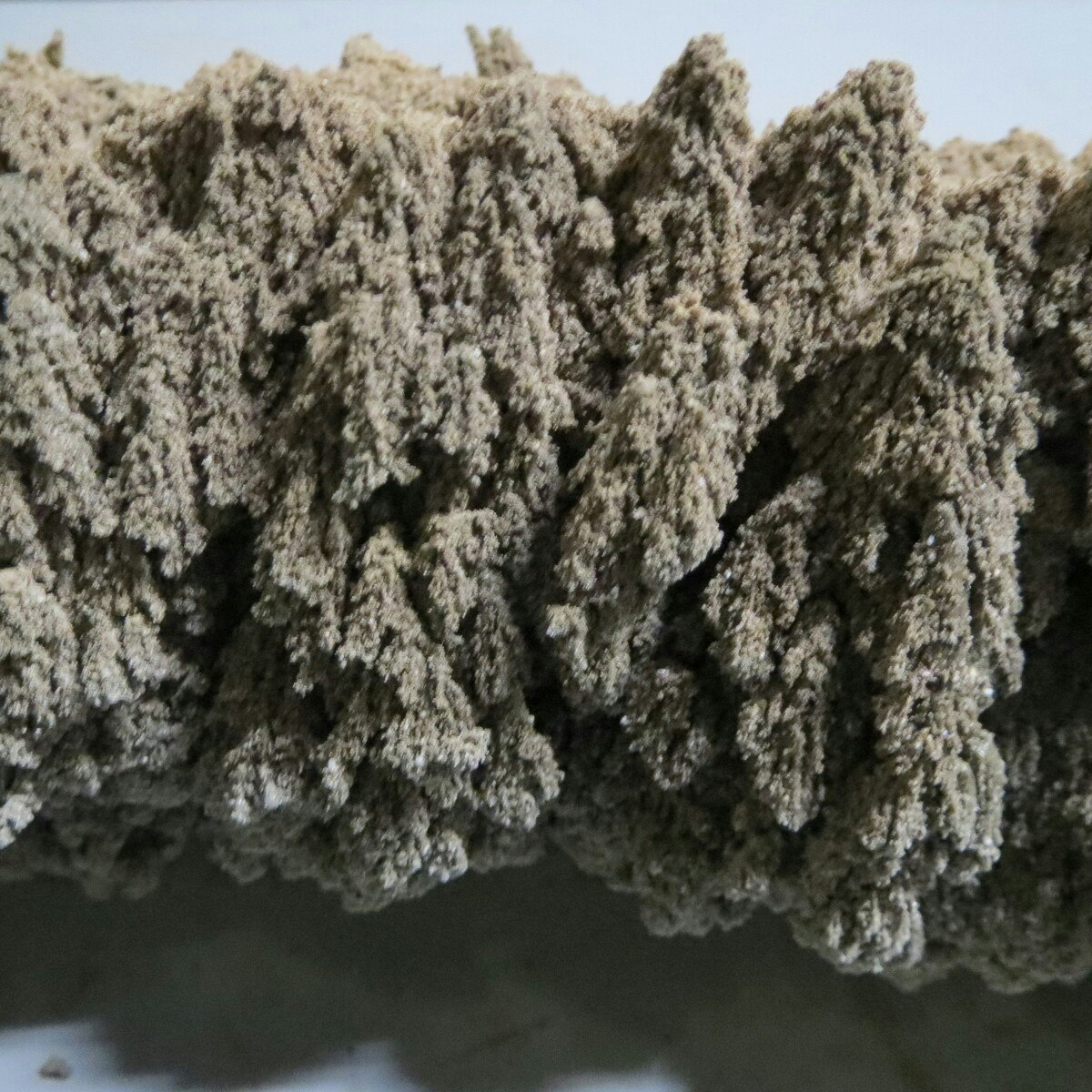


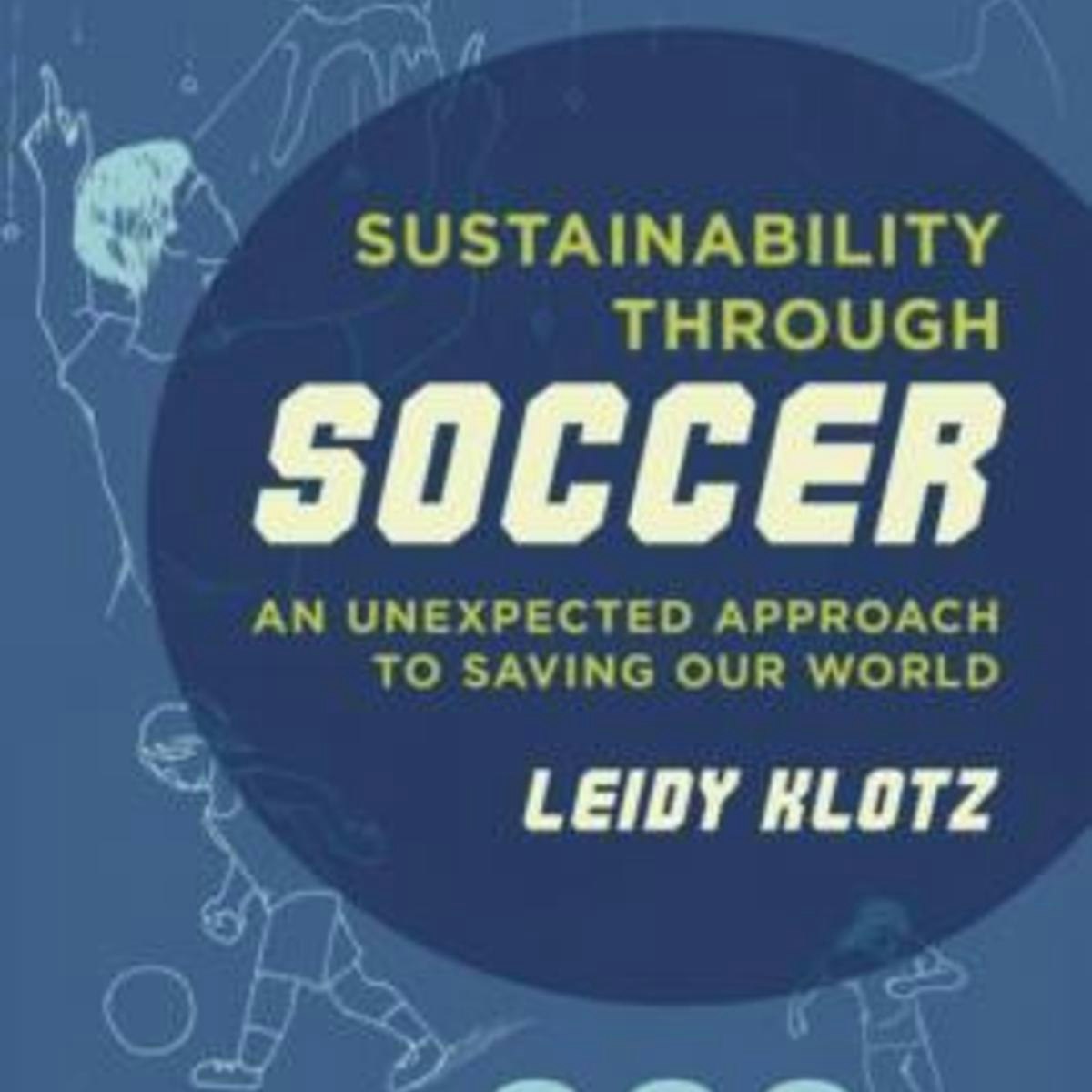

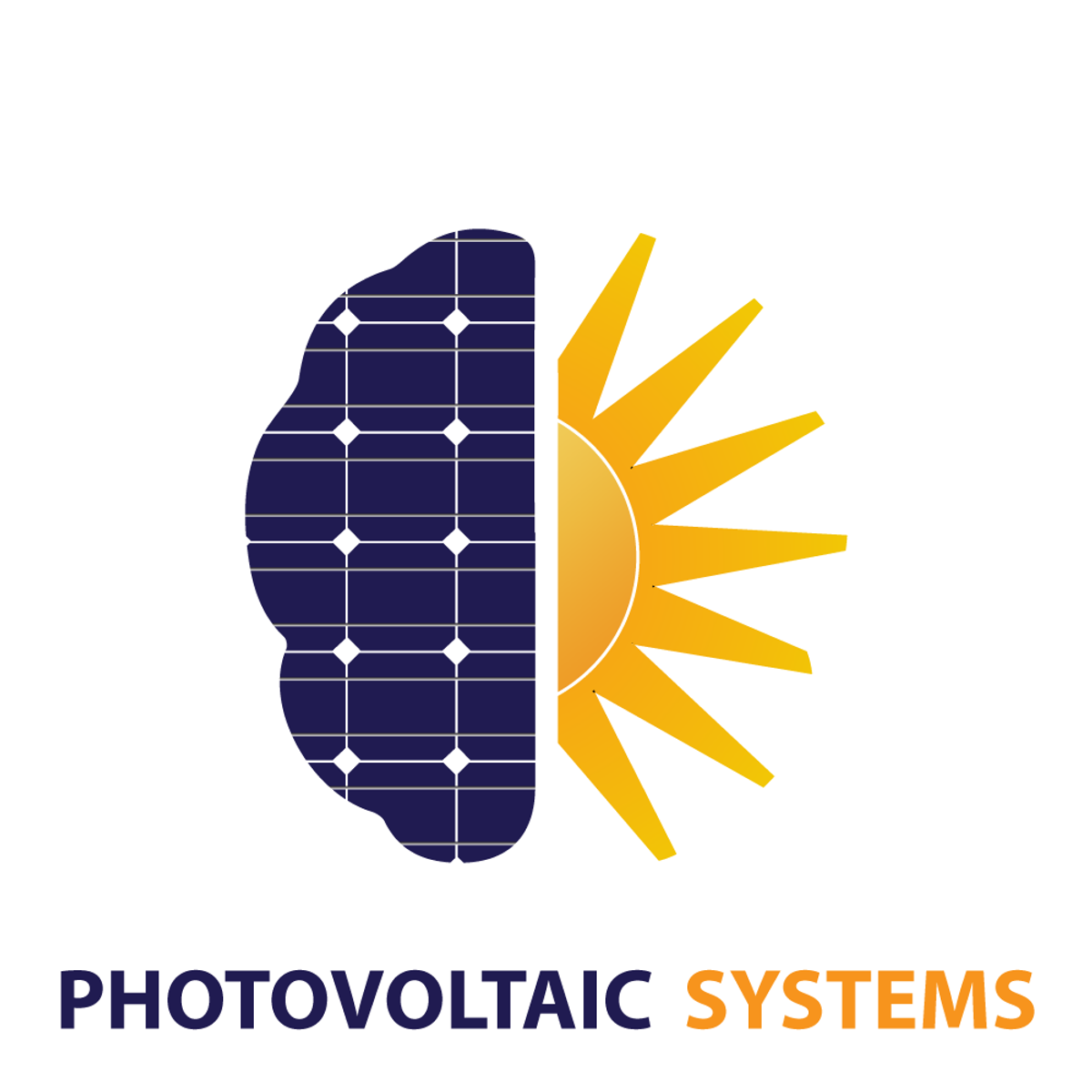
Environmental Science And Sustainability Courses - Page 15
Showing results 141-150 of 151

Natural Gas
This course will educate you in the characteristics and properties of natural gas, preparing you with the ability to summarize gas system components and new pipeline technologies. You will be enabled to grasp the key factors behind formation of the natural gas industry and the historical use of natural gas. Ultimately, you will be able to identify gas and carbon monoxide safety procedures.
This course is for individuals considering a career in the energy field (who have a high school diploma, at minimum, and basic knowledge of mathematics), and existing energy sector employees with less than three years of experience who have not completed similar training and would benefit from a course of foundational industry concepts.
Main concepts of this course will be delivered through lectures, readings, discussions and various videos.
This is the second course in the Energy Production, Distribution & Safety specialization that explores various facets of the power sector, and features a culminating project involving creation of a roadmap to achieve a self-established, energy-related professional goal. To learn more about the specialization, check out a video overview at https://www.youtube.com/watch?v=2Yh9qIYiUDk.

Introduction to solar cells
How do solar cells work, why do we need, and how can we measure their efficiency? These are just some of the questions Introduction to solar cells tackles. Whether you are looking for general insight in this green technology or your ambition is to pursue a career in solar, “Introduction to Solar Cells” is an excellent starting point.
The course is a tour through the fundamental disciplines including solar cell history, why we need solar energy, how solar cells produce power, and how they work. During the course we cover mono- and multi-crystalline solar cells, thin film solar cells, and new emerging technologies. The course includes hands-on exercises using virtual instruments, interviews with field experts, and a comprehensive collection of material on solar cells.
At the end of the course you will have gained a fundamental understanding of the field. This will allow you to identify the most interesting or relevant aspects to be pursued in your future studies or in your professional career.

Disaster Risk Management and Korean Policies
In the past, developing countries such as Korea lacked guidelines for exploring effective policies for disaster-resilient growth, resulting in unnecessary sacrifices in terms of time, resources, and human capital. Through the lessons learned by Korea, currently developing countries facing socio-economic development can build disaster resilience without sacrifices.
Utilizing Korea's sound practices and institutional reforms, this course provides a valuable roadmap to prevent and mitigate the catastrophic effects of disasters. This course also provides insightful inspiration about what are the characteristics and the historical path of major disasters; how major disasters arise and affect policy changes; how science and technology can be used to explore and find solutions to complex tasks; and especially, what nations and institutes need to do reduce disaster risk and mitigate death and economic turmoil in the wake of disasters.
Throught this, students will be able to explain not only what is disaster risk management but also what must be done for a disaster resilent future.

Extinctions: Past, Present, & Future
This course introduces you to the five mass extinctions of the pre-human past, their causes and significance to the history of life on earth, and the current mass extinction happening during our time. We’ll also explore the history of paleontology and geological study and review the key players that influenced the science today.
Regardless of your familiarity with the topic, you'll get portable handouts, lively demonstrations, and quizzes that bridge and enhance your knowledge.

Ash-Related Operational Challenges in Energy Utilization of Sustainable Fuels
The basic idea behind this MOOC, is to present recent data on fuel characterization, slagging, fouling, corrosion, and trace element transformations, in a course that can be readily provided for students and industry people.
This ensures understanding and application of the research, and provides the students and industry with a forum for discussion of the very latest research results, as well as feedback from industry to the research group at DTU, on important new research subjects in the field.
The specific aim of the MOOC, is that students will be able to;
Explain basic physical and chemical differences between solid fuels like coal, biomass, waste etc., be able to characterize solid fuels, and to interpret fuel analyses of them
Interpret and utilize data from advanced fuel and ash analyses (SEM, DTA/TGA, chemical fractionation, ash melting temperatures)
Describe chemically and physically, how critical ash-forming elements are released to the gas phase, the mechanisms for formation of aerosols and fly ash particles, and explain how ash is transported from bulk gas to heat transfer surfaces
Quantify the processes of deposit build-up, sintering and shedding
Explain the fundamentals of high-temperature corrosion in thermal fuel conversion systems
Can calculate viscosities as a function of temperature and composition, temperature profiles in a deposit, rates of deposit build-up and sintering, as well as porosity changes vs. time.

Human Health Risks, Health Equity, and Environmental Justice
The fourth and final course of the Impacts of the Environment on Global Public Health specialization will cover two topics. The first is environmental justice – that is, avoiding an inequitable distribution of environmental health threats in our population, and ensuring a healthy and safe environment and health equity for all. The second is risk assessment and management, a framework that can be utilized to assess and quantify human health risks, and to identify appropriate approaches to mitigating those risks and promoting better health. We will explore the steps involved in risk assessment, as well as how risk assessment can incorporate and address environmental justice issues.

Arctic Change & the Nexus of Governance, Economics & Culture
In this course, you will learn how the changing Arctic environment is tied to the growing economic and strategic importance of the North. After setting the stage through a review of the peoples of the Arctic and how they are dealing with change, Arctic governance, economies national defense, attention turns to marine use of the Arctic, oil and gas exploration, mining, fisheries and tourism. The course ends with a survey of recent Arctic events.
Learning Objectives: Articulate the drivers of the growing economic and strategic importance of the Arctic in the context of the environmental changes unfolding in the region, governance, and geopolitics. Identify the impacts of the changing Arctic, both positive and negative, on the peoples of the North.

Sustainability through Soccer: Systems-Thinking in Action
This course takes learners on a journey through a progression of systems-thinking and sustainability concepts. Using the beautiful game of soccer (also known as football in many parts of the world) as an analogy, we'll work together to illuminate real-world interdependencies (such as between climate change and human rights), building the chain of concepts in a fun, accessible way. Soccer/Football nerds and newbies alike will be entertained and, ultimately, rewarded with the epiphanies that come from seeing in systems more clearly.
Those who complete the course will: create examples of systems parts, boundaries, and behaviors related to sustainability (and soccer/football); practice evaluating the sustainability of systems they care about using several complementary methods; generate ideas to improve the sustainability of a system they care about; and explain a mindset shift that would enhance the sustainability of a system they care about.

Global Warming II: Create Your Own Models in Python
This class provides a series of Python programming exercises intended to explore the use of numerical modeling in the Earth system and climate sciences. The scientific background for these models is presented in a companion class, Global Warming I: The Science and Modeling of Climate Change. This class assumes that you are new to Python programming (and this is indeed a great way to learn Python!), but that you will be able to pick up an elementary knowledge of Python syntax from another class or from on-line tutorials.

Photovoltaic Systems
This course offers you advanced knowledge within the field of photovoltaic system technology. We'll learn about the solar resource and how photovoltaic energy conversion is used to produce electric power. From this fundamental starting point we'll cover the design and fabrication of different solar cell and module technologies, the various photovoltaic system components, how to design a photovoltaic plant and carry out energy yield simulations, essentials in energy economics, O&M and reliability assessment, as well as the role of photovoltaic energy in sustainable energy systems.
This course is unique in that it takes you from the nanoscale physics of a solar cell to the modelling of a utility scale solar farm. The course is made up of 9 sections with an estimated workload of 2-3 hours each. The academic level is targeted at master students at technical universities and engineers from the energy industry. Passing this course offers you a great basis for a career in the field of photovoltaics.
Your dream job is just a tap away — only on the BoostGrad app.
View on Boostgrad App
View on Browser
Continue
Browse
© 2025 BoostGrad | All rights reserved
